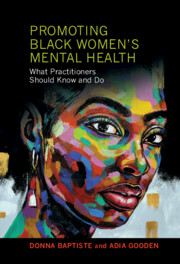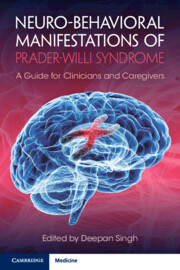Objectives: This study examined the current assessment practices of clinicians working with people with social cognition impairment following traumatic brain injury.
Method: Two hundred and sixty clinicians completed an on-line survey that was disseminated through professional brain injury organisations. Of respondents around 90% were allied health clinicians, with the remainder comprising medical, nursing and academia.
Main outcomes: The four areas of social cognition that were routinely assessed across the disciplines were insight, disinhibition, anger and social adjustment. The least routinely assessed areas were theory of mind and alexithymia. The test suggested most likely to identify social cognition impairments was The Awareness of Social Inference Test, although only 8% of clinicians responded to this question. Clinicians preferred informal assessment methods over standardised assessment methods for identifying social cognition rehabilitation goals. Higher levels of education were associated with greater use of standardised assessment modalities. Whilst there was paucity of responses overall, TBI Express was most commonly used for social cognition rehabilitation.
Conclusions: Considering the high prevalence of social cognition impairments in this population, formal assessment is extremely limited. The under-utilisation of assessment tools is problematic for the assessment and rehabilitation initiatives offered to people with TBI. These results have implications for the training of clinicians working in brain injury rehabilitation.

